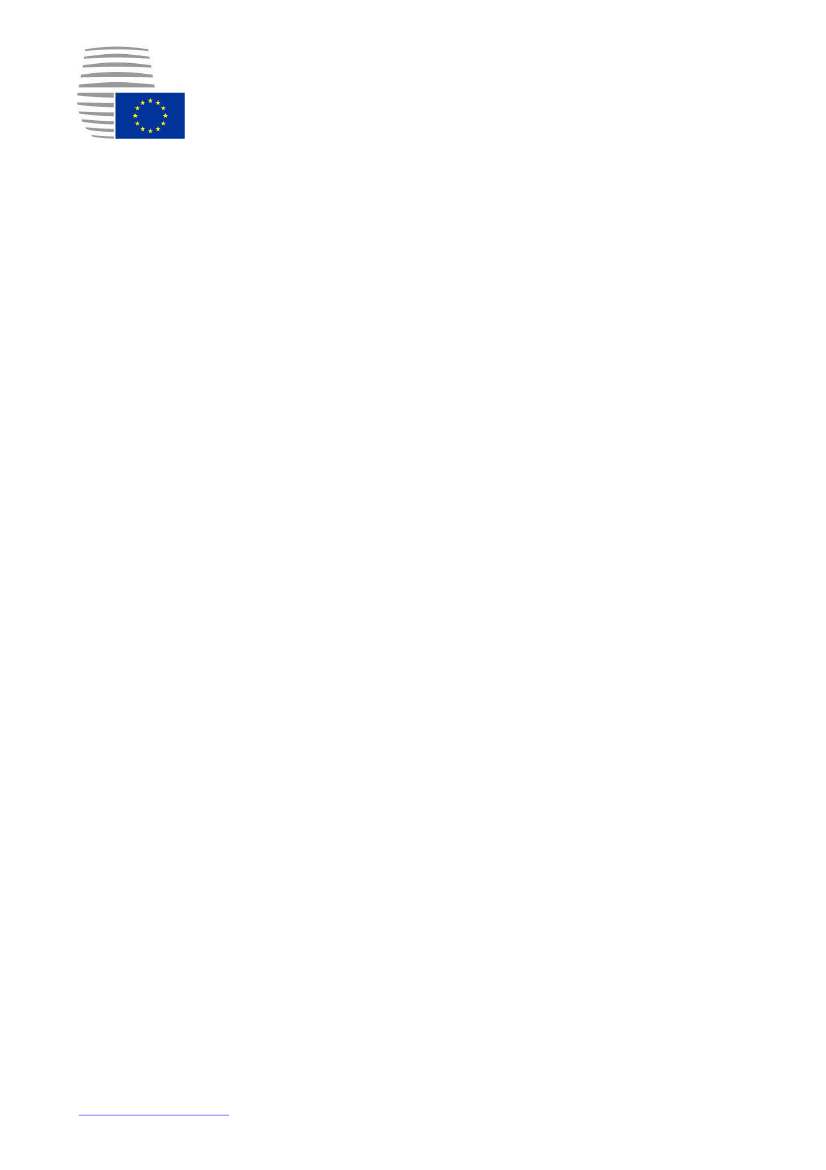
European Council
The President
Brussels, 17 October 2017
Dear colleagues,
Let me share with you some remarks before our European Council meeting this Thursday and
Friday.
October European Council schedule
After our traditional exchange of views with European Parliament President Tajani at 15.00, Prime
Minister Ratas will update us on where we stand in terms of implementing our previous
conclusions. We will then have a political discussion on the external aspects of migration, with a
specific focus on the financial needs necessary to stem the flow of illegal migrants from Africa.
Next, we will adopt conclusions on the vision for Digital Europe, with the objective of turning the
fruitful discussions at our recent Tallinn summit into operational follow-up. Our conclusions on
security and defence should ensure that the momentum from last June is maintained, in particular
as regards the efforts to launch the Permanent Structured Cooperation by the end of the year.
Over dinner, we will look into the deeply worrying developments in DPRK, the situation as regards
Iran as well as Turkey. Furthermore, President Macron will make a point about trade negotiations,
and Prime Minister May will share her reflections about the current state of the Brexit talks.
On Friday morning we will have an informal breakfast about the Leaders' Agenda. After that, the
European Council will reconvene at 27 to discuss the way ahead in the negotiations on the
withdrawal of the UK. Prime Minister Ratas will take this opportunity to inform us on the
discussions in the Council on the relocation of the UK-based agencies. Our meeting should end
around lunchtime.
Rue de la Loi/Wetstraat 175 - 1048 Bruxelles/Brussel - Belgique/België
Tél./Tel.: +32 (0)2 281 97 33 - Fax: +32 (0)2 281 67 37
1/4